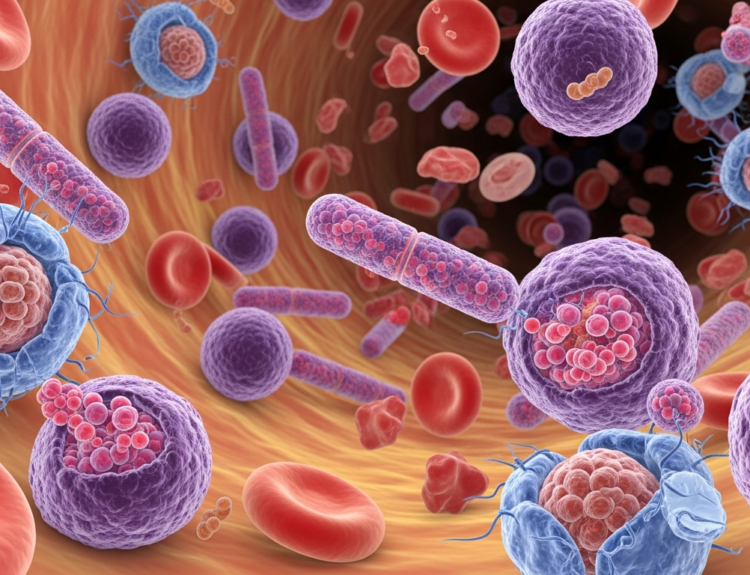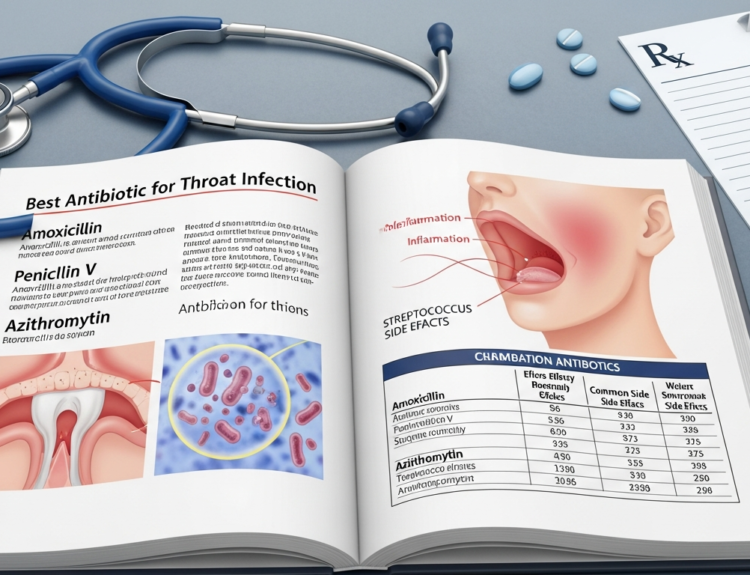Can roaches bite? Many people fear these fast-moving insects, but few know the truth about their biting habits. While roaches are usually shy and try to stay away from humans, they can bite in rare situations. Most bites happen when roaches are desperate for food or feel threatened. Their bites are not deadly, but they can cause mild irritation, redness, or swelling. Roaches carry germs on their bodies because they crawl through dirty places, like trash bins or sewers, so any bite might carry bacteria. Children, elderly people, or those with weak immune systems may be more sensitive to a roach bite. Understanding why roaches bite and how to prevent it can help you feel safer in your home. By learning about their habits, you can take simple steps to avoid encounters and reduce the risk of getting bitten.
What Does a Roach Bite Look Like? Signs to Watch For
A roach bite usually looks like a small red bump on the skin. Sometimes it can be itchy or a little swollen. Most bites are tiny because roaches have small mouths and cannot chew deeply. You might notice the bite after waking up or spending time in areas where roaches are active, like the kitchen or bathroom. The skin around the bite may feel slightly warm, and scratching can make it more irritated. Roaches do not bite often, so seeing one bite is rare. If you notice multiple bites, it could be a sign of other pests too, so check your home carefully. Cleaning surfaces and keeping food sealed can help prevent bites. Recognizing a roach bite early is important to treat it properly and avoid infections.
Can Roaches Bite Humans? Understanding Their Behavior
Roaches usually avoid humans and prefer to eat leftover food, crumbs, or garbage. Can roaches bite humans? Yes, but it happens only when they feel threatened or hungry. Roaches are more active at night, so bites might occur while sleeping. They have tiny mouths, so bites are minor and rarely dangerous. However, roaches carry germs from dirty places, which may spread bacteria if they bite. People with sensitive skin might notice more irritation or swelling. Understanding their behavior can help you prevent bites. Avoid leaving food exposed, clean crumbs, and block entry points like cracks in walls. By learning why roaches bite, you can take simple steps to protect yourself, your family, and even your pets from unwanted bites in your home.
Why Roaches Sometimes Bite: Causes You Should Know
Roaches bite humans for a few reasons. They may be hungry and searching for food when no other source is available. Some bites happen if roaches feel trapped or threatened, like when a hand touches them suddenly. Dirty homes or areas with leftover food attract roaches, increasing the chance of bites. Can roaches bite humans often? No, it’s rare, but understanding the causes helps prevent it. Children and elderly people may notice bites more because their skin is sensitive. Regular cleaning, removing food scraps, and sealing cracks reduce the risk of bites. Recognizing the reasons behind roach bites makes it easier to take safety steps. Preventing infestation is always better than treating bites later.
Roaches vs Pets: Can Roaches Bite Your Cats or Dogs?
Roaches can bite pets, but it is very uncommon. Dogs and cats usually scare roaches away before they can bite. Small pets like hamsters or rabbits might be more at risk if roaches find their cages or food bowls. Pet bites from roaches are usually minor, causing small red bumps or irritation. Keeping pet areas clean and free of leftover food is the best prevention. Roaches are more active at night, so checking bedding and cages regularly helps. Some pets may try to eat roaches, which can also spread germs. Watching your pets and keeping roaches away protects them from bites and illness. Simple steps like sealing food and cleaning floors go a long way in keeping your pets safe.
How to Treat Roach Bites Quickly and Safely
If you get a roach bite, clean the area with soap and water immediately. This helps remove germs that roaches carry. You can apply a mild antiseptic or anti-itch cream to reduce redness and swelling. Avoid scratching because it may cause infection. Using a cold compress for a few minutes can also relieve discomfort. Most roach bites heal in a few days without complications. If you notice unusual swelling, pus, or pain, see a doctor. Keeping your home clean and removing food scraps can prevent future bites. Regularly check kitchens, bathrooms, and pet areas for roaches. Treating bites quickly and keeping the environment clean ensures safety for both you and your family.
Conclusion
Roaches biting humans is very rare, but it can happen. Most bites are small and cause only minor irritation. Understanding roach behavior and their habits helps prevent these bites.
Keeping your home clean, sealing cracks, and storing food properly are simple ways to stay safe. Watching for signs of bites and treating them quickly keeps your skin healthy.
FAQs
Q: Can roaches bite humans often?
A: No, roaches rarely bite humans. It usually happens only if they are hungry or feel threatened.
Q: Are roach bites dangerous?
A: Most roach bites are not dangerous but may cause redness, itching, or swelling.
Q: Can roaches bite pets?
A: Yes, but it is uncommon. Small pets may be more at risk if roaches access their food or bedding.
Q: How can I prevent roach bites?
A: Keep your home clean, store food in sealed containers, and seal cracks where roaches can enter.
Q: What should I do if I get a roach bite?
A: Wash the bite with soap and water, apply an antiseptic or anti-itch cream, and avoid scratching.



